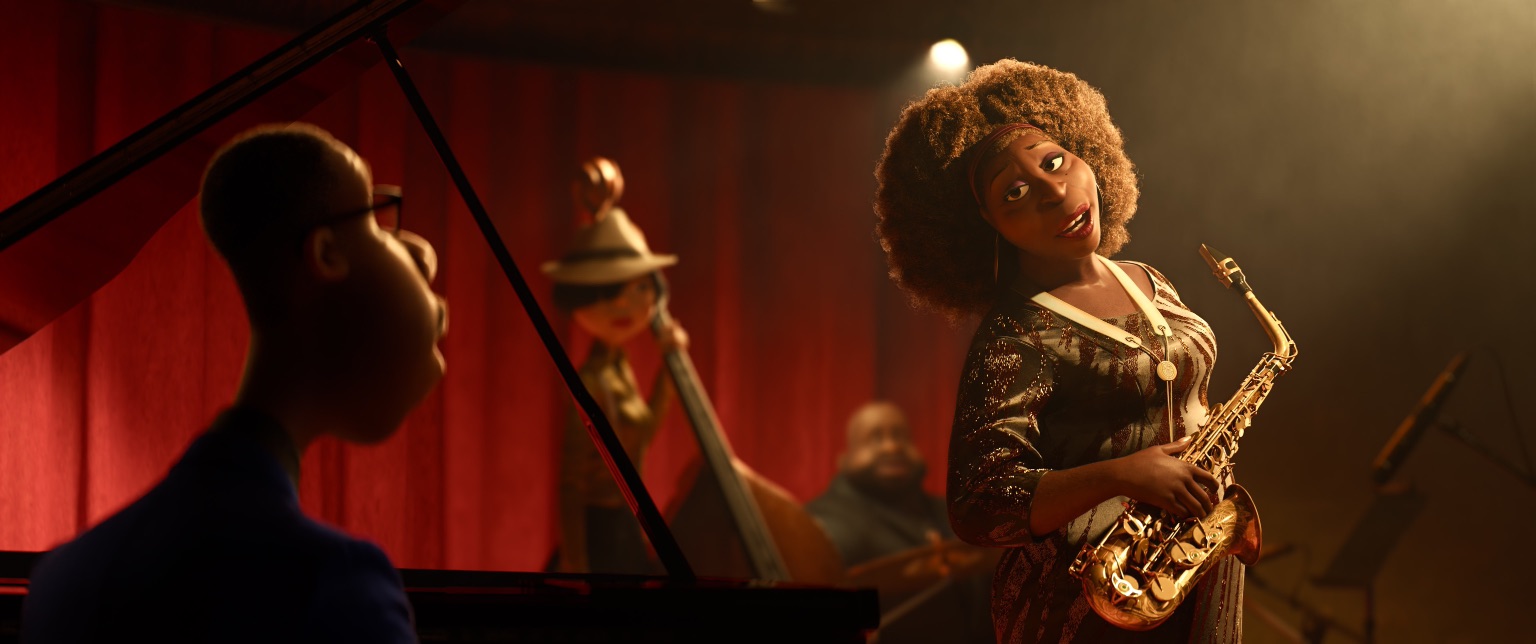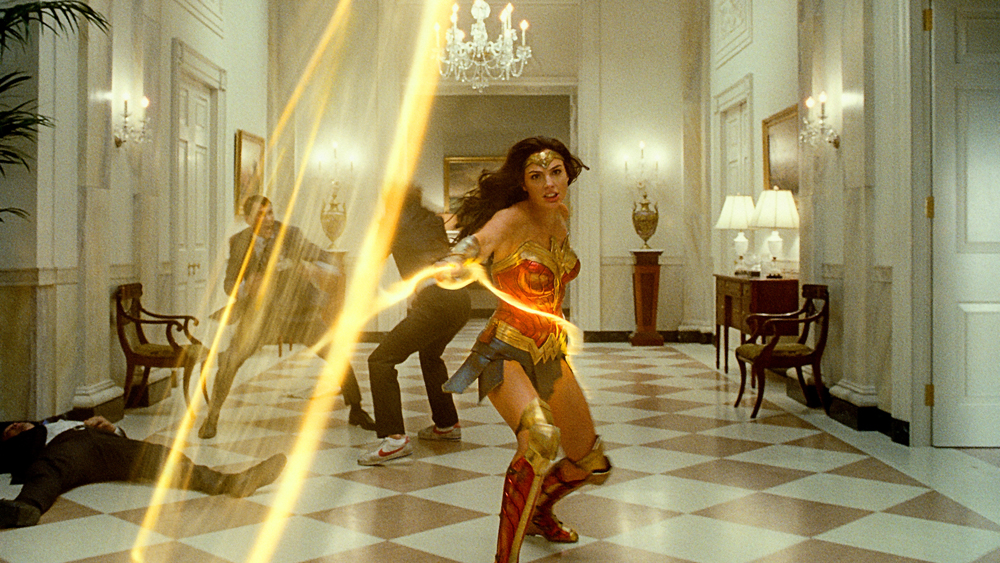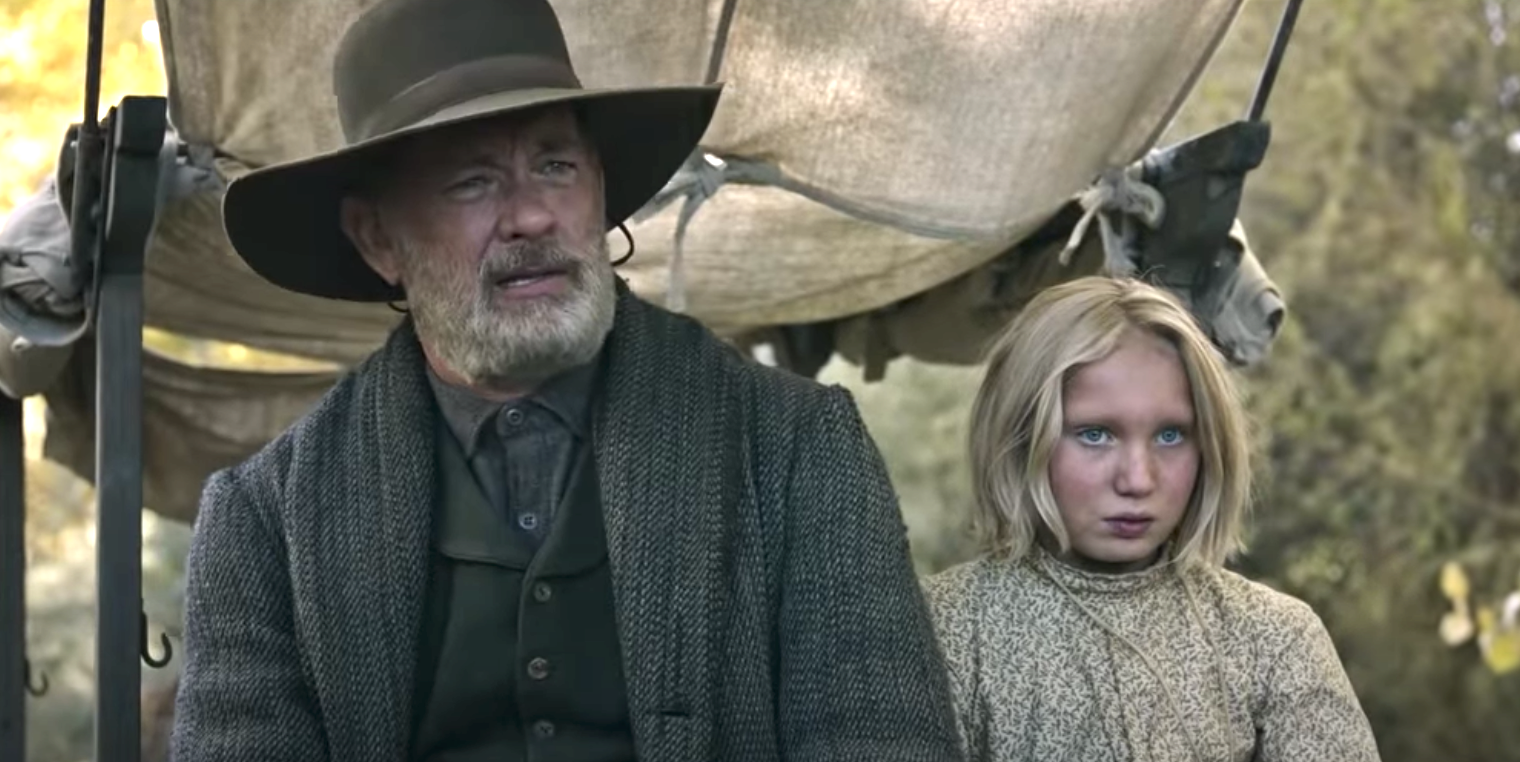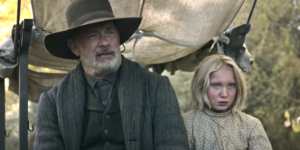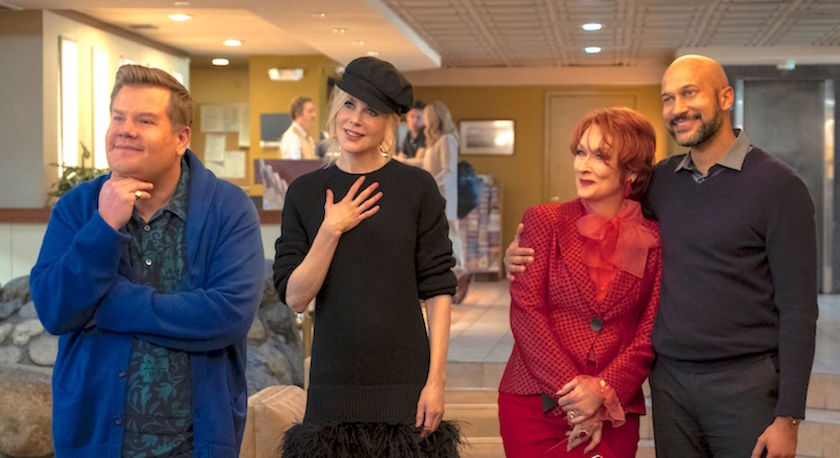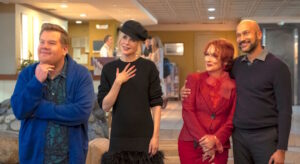If Not Now, When?
Posted on January 7, 2021 at 3:18 pm
B-| Lowest Recommended Age: | High School |
| Profanity: | Some strong language |
| Alcohol/ Drugs: | Addiction |
| Violence/ Scariness: | Fight scene, angry confrontations |
| Diversity Issues: | None |
| Date Released to Theaters: | January 8, 2021 |
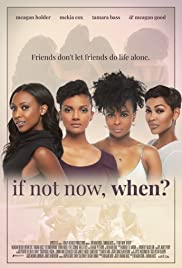
As we might expect, the strong point of the movie is the performances. Bass and Good understand actors, starting with the casting, and they give them the space to bring more life and emotion to the script than it merits.
In a brief prologue, we see the four friends in high school, working up an elaborate dance routine for a promposal — which is quickly declined. But they’re not bothered. It is clear that they are just as happy going with each other. Tyra (played as a teenager by Li Eubanks), asks them to wait while she goes to the bathroom. It turns out she is in labor. She has not told anyone she is pregnant, not even her friends. They stay with her and promise their support.
Fifteen years later, Tyra (Good) is being discharged from a hospital following an accidental drug overdose. Her friends and her husband, Max (Kyle Schmid) stage an intervention, telling her she needs to go to rehab because she is dependent on opioids. She refuses until she sees her 14-year-old daughter Jillian (Lexi Underwood), who found her unconscious and had to call 911. She reluctantly agrees to go, though at first insists that she does not have a problem.
While she is in rehab, we spend time with the three friends. Suzanne (Mekia Cox) is married to a bitter, unfaithful, alcoholic former football player. She loves another man but won’t leave her husband because she is pregnant, and, more important, because she wants everyone to think her life is perfect. Patrice (Bass), a nurse, is drawn to a doctor at her hospital, but is afraid he will reject her when he learns more about her. Jillian thinks of Patrice as a second mother, and is living with her while Tyra is away.
And Diedre (Meagan Holder), a gifted dancer, is weighing two offers, a dream job choreographing a pop star’s tour and a chance to reconcile with her ex (McKinley Freeman as Jackson), the father of her son. Other than the football player, the men are all gorgeous and pretty much fully devoted to supporting the ladies they adore. With over four different stories and ten characters, including children, there is not enough time to give enough depth to most of them to make us invest in their stories. Much of the film has no score other than some on-the-nose needle drops. Oddly, the lyrics of one say “you are what you choose to be” but another says, “I’ll be different for you, baby.”
Trya’s story gets the most attention, and the most interesting relationship in the film is between Tyra and her counselor at rehab, an exquisite performance by Valarie Pettiford. But the movie really comes to life only when the women are talking to each other, renewing their connections and providing the support that only those ride-or-die friends for decades can give. Good and Bass clearly share that connection, but it is only intermittently that it comes across in the film.
Parents should know that this film includes drug addiction and alcoholism, infidelity, some violence, sexual references and situations, and some strong language.
Family discussion: Why was it so difficult for these women to admit their problems? What made Tyra change her mind about cooperating with treatment?
If you like this, try: “Waiting to Exhale” and “Now and Then”

